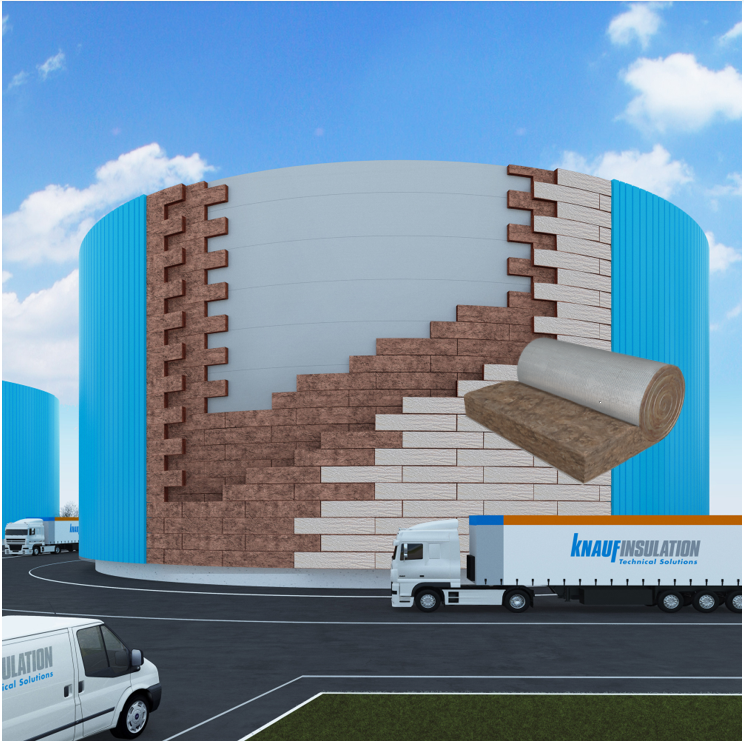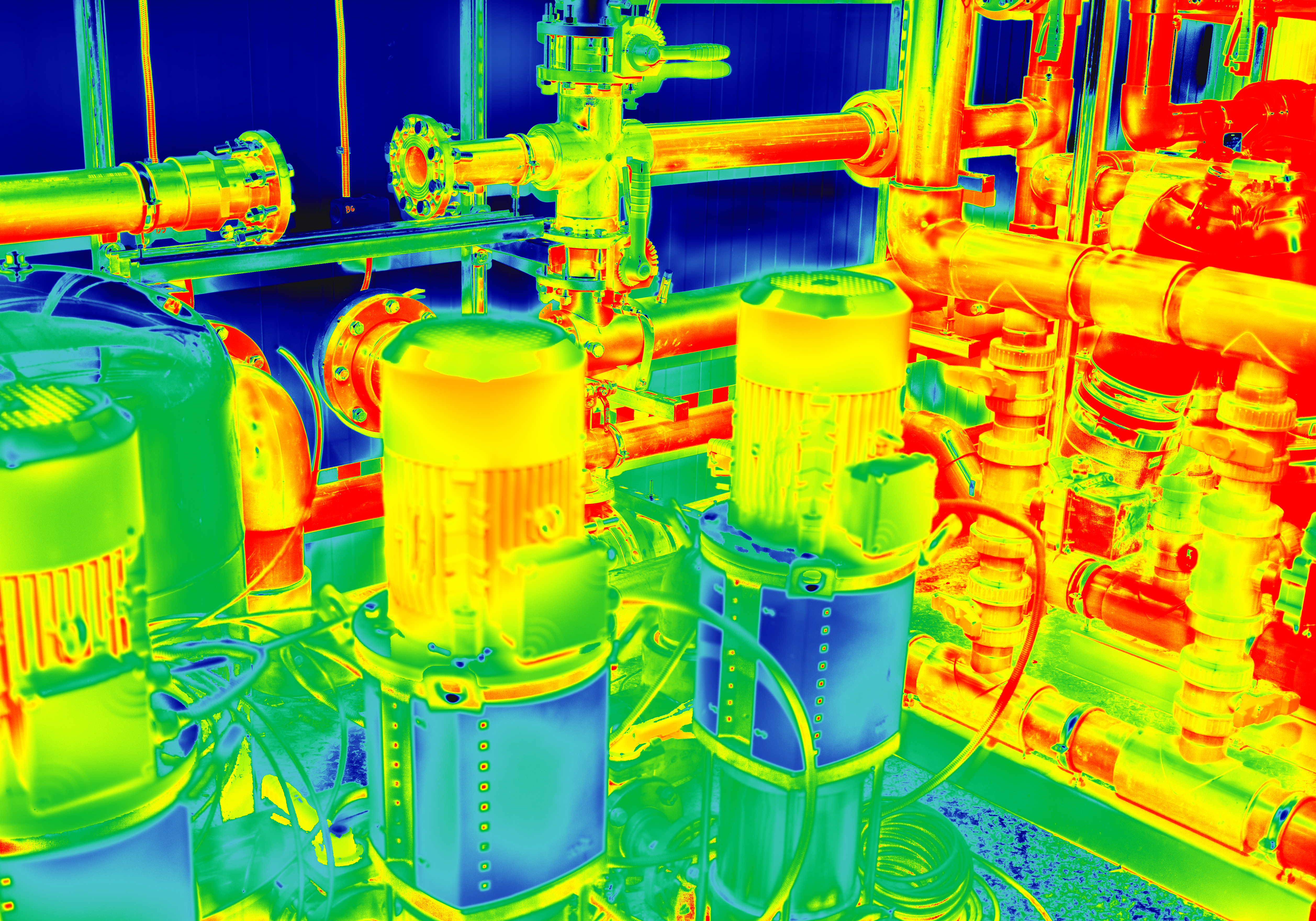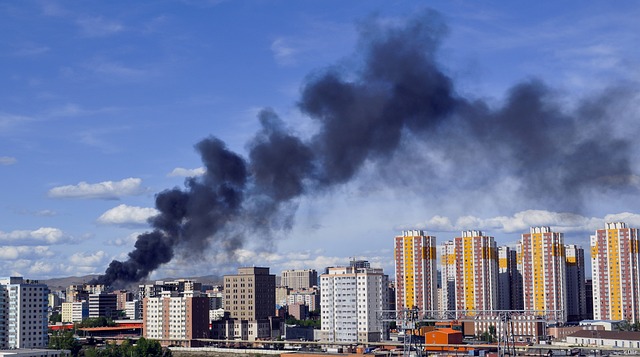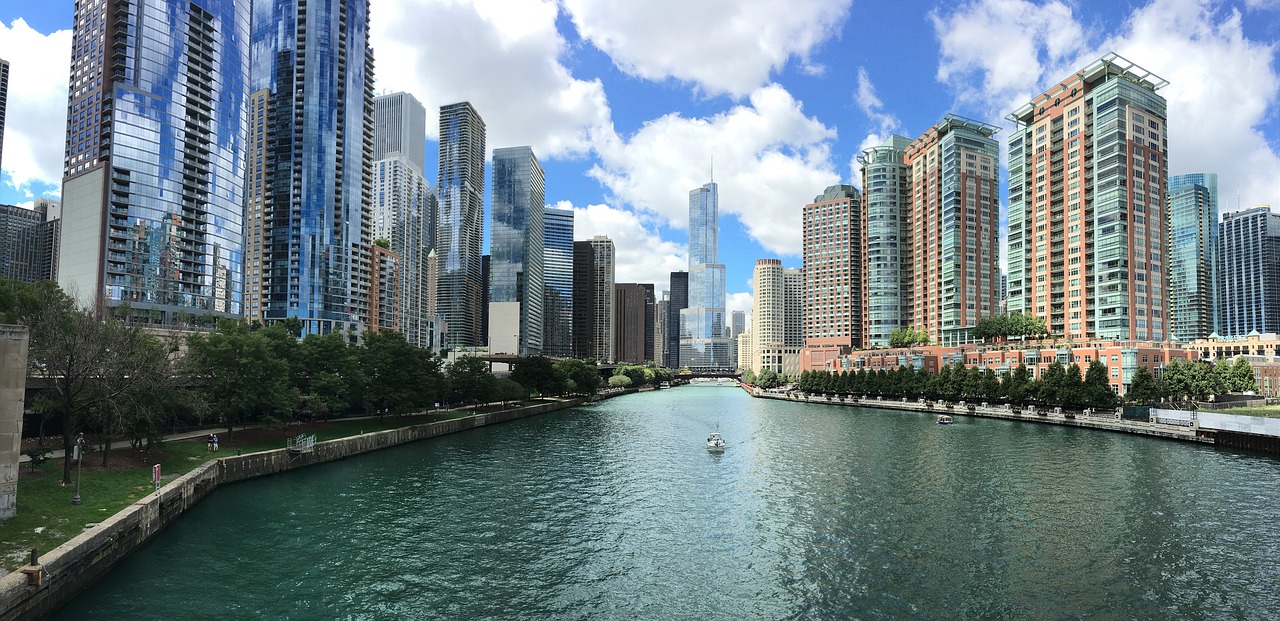- Group websites
- Knauf Insulation worldwide
- Corporate
- Albania
- Algeria
- Australia
- Austria
- Belgium
- Bosnia
- Bulgaria
- Canada
- Croatia
- Czech Republic
- Denmark
- Estonia
- Finland
- France
- Germany
- Greece
- Hungary
- Italy
- Japan
- Kazakhstan
- Latvia
- Lithuania
- Luxembourg
- Macedonia
- Malaysia
- Mexico
- Montenegro
- Morocco
- Netherlands
- New Zealand
- Norway
- OEM
- Poland
- Portugal
- Romania
- Russia
- Serbia
- Singapore
- Slovakia
- Slovenia
- South Africa
- South Korea
- Spain
- Sweden
- Switzerland
- Tunisia
- Turkey
- UAE
- USA
- Ukraine
- United Kingdom
- Knauf Insulation worldwide
- Group websites
- Knauf Insulation worldwide
- Corporate
- Albania
- Algeria
- Australia
- Austria
- Belgium
- Bosnia
- Bulgaria
- Canada
- Croatia
- Czech Republic
- Denmark
- Estonia
- Finland
- France
- Germany
- Greece
- Hungary
- Italy
- Japan
- Kazakhstan
- Latvia
- Lithuania
- Luxembourg
- Macedonia
- Malaysia
- Mexico
- Montenegro
- Morocco
- Netherlands
- New Zealand
- Norway
- OEM
- Poland
- Portugal
- Romania
- Russia
- Serbia
- Singapore
- Slovakia
- Slovenia
- South Africa
- South Korea
- Spain
- Sweden
- Switzerland
- Tunisia
- Turkey
- UAE
- USA
- Ukraine
- United Kingdom
- Knauf Insulation worldwide
- Home
- Passive fire protection in heating, ventilation and air conditioning
Passive fire protection in heating, ventilation and air conditioning
In case of fire, the extraction of smoke and the limit of the spread of fire and smoke through the ventilation system is key.
THE ROLE OF HVAC SYSTEMS
Ventilation systems move air. The main purpose of a ventilation system is to ensure that carbon dioxide is pumped out and that oxygen enters the room, so that the people inside get to breathe in fresh air. If a ventilation system is not installed, stagnant air may lead to illness and allergies.
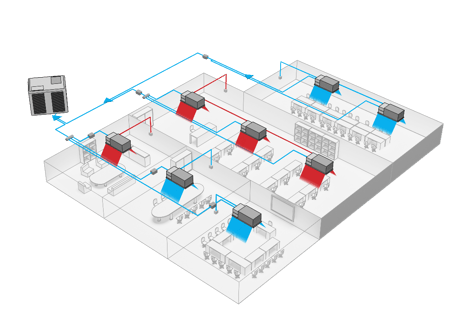
However, the performance of the ventilation system must be maintained since an inefficient system can result in the growth of bacteria and fungi inside spaces due to increased humidity.
Ventilation systems consist of many components required for the proper functioning, e.g. fans, silencers, intake and exhaust air ports as well as control units or air treatment devices. However, by far the largest part are the usually sheet metal ducts responsible for the distribution of fresh air and the removal of exhaust air.
DIFFERENT SCENARIOS FOR FIRE SPREAD
Based on EN 1366 and in order to ensure performance according to the different fire resistance criteria – load bearing capacity (R), integrity (E) and insulation (I) – it must be ensured that fire doesn’t spread to other rooms and that the temperature increases only inside the room on fire.
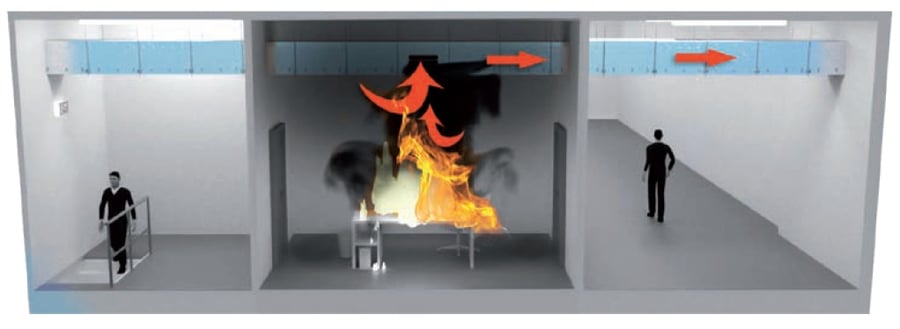
Fire inside (i ➝ o)
A fireproof installation needs to be suitable for both scenarios, i.e. where the fire is either inside or outside the duct. Another scenario that must be prepared for is where the duct is installed either horizontally, where it can penetrate different fire compartments, or vertically.
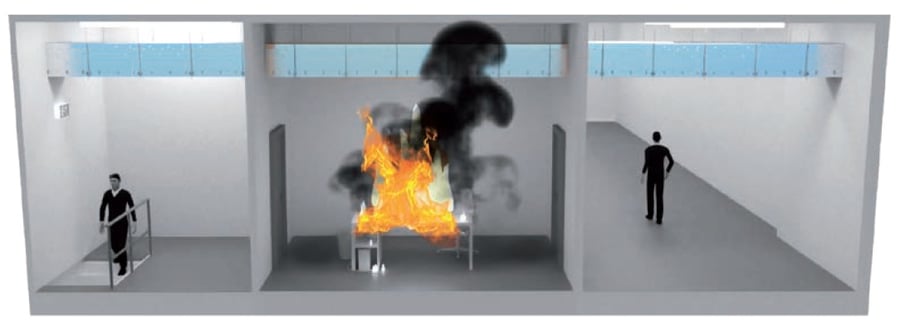
Fire outside (o ➝ i)
As ducts are passing through several compartments, passive fire protection systems applied on ducts need to ensure the reduction of the spread of fire and smoke between them. How the systems on the market are certified is reflected in the system description.
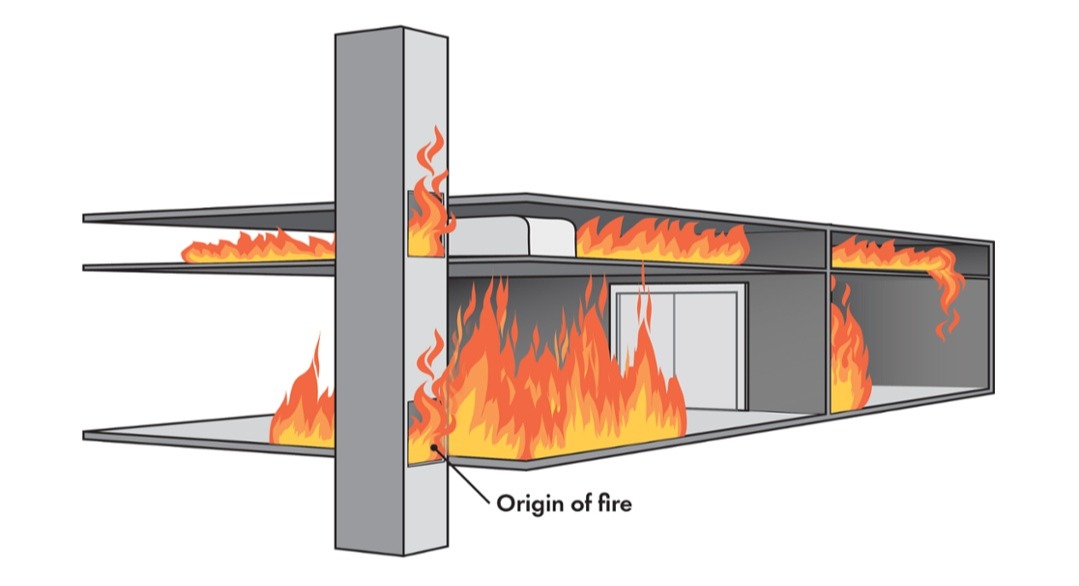 Also scenario where the duct is installed either horizontally to penetrate different fire compartments or vertically need to be covered.
Also scenario where the duct is installed either horizontally to penetrate different fire compartments or vertically need to be covered.


Above presented information and lots of helpful articles and suggestions about fire safety are available in the Knauf Insulation fire magazine “NATURAL FIRE PROTECTION FOR YOUR SAFETY”. Download your copy by clicking on below link:



